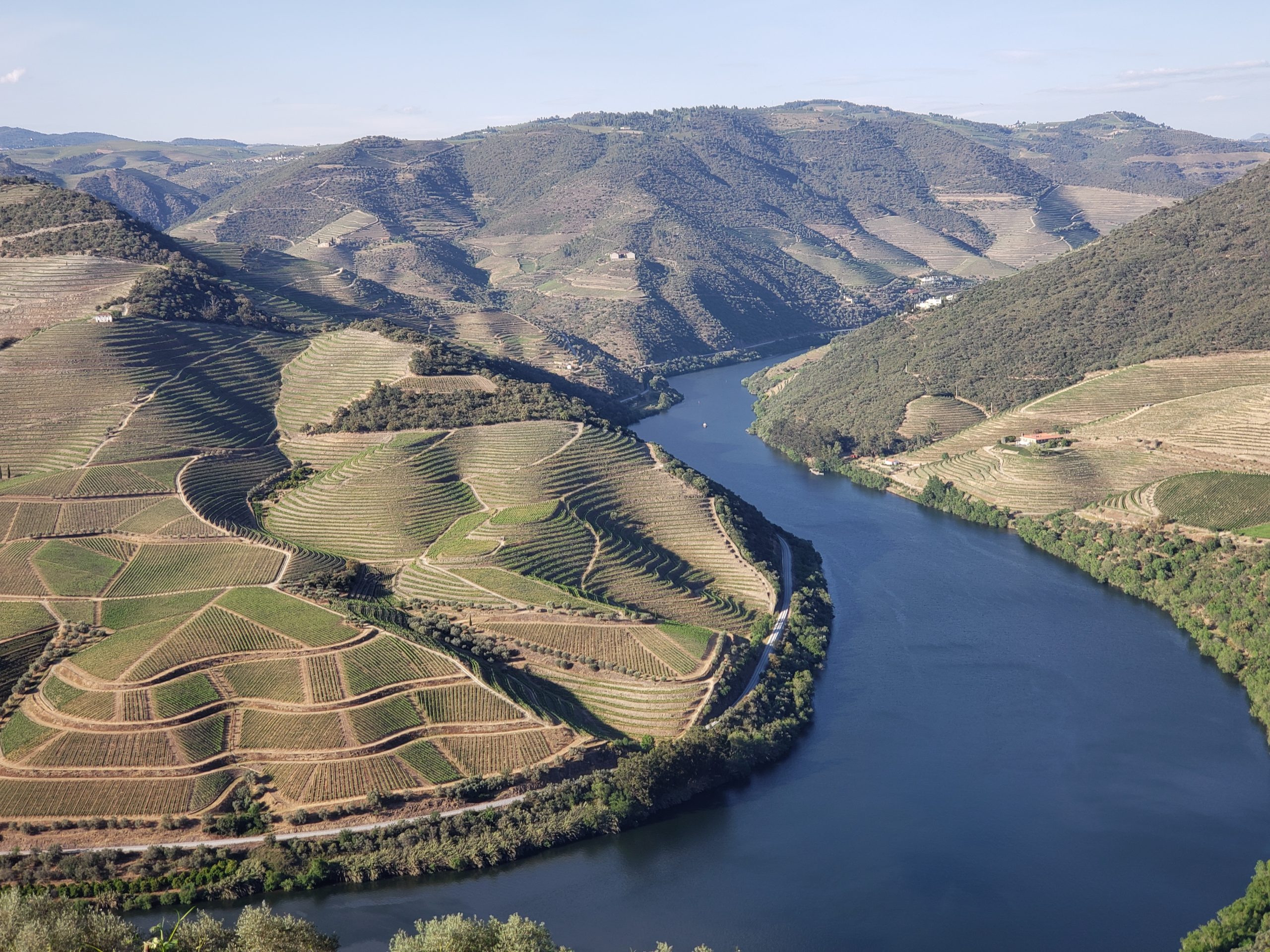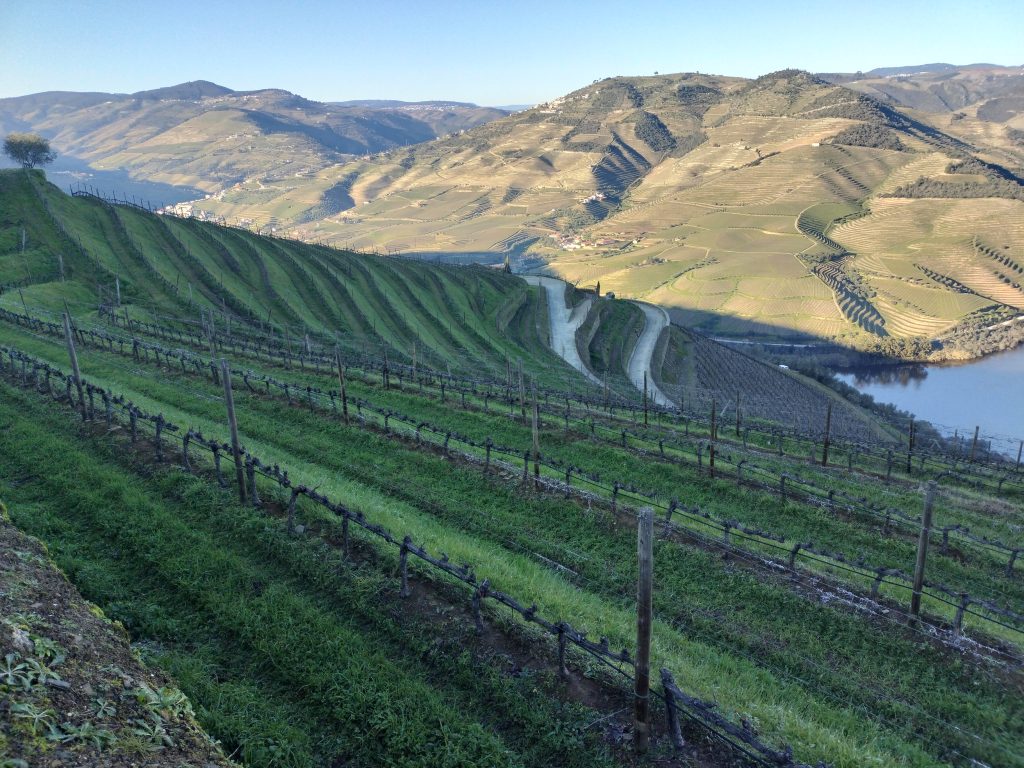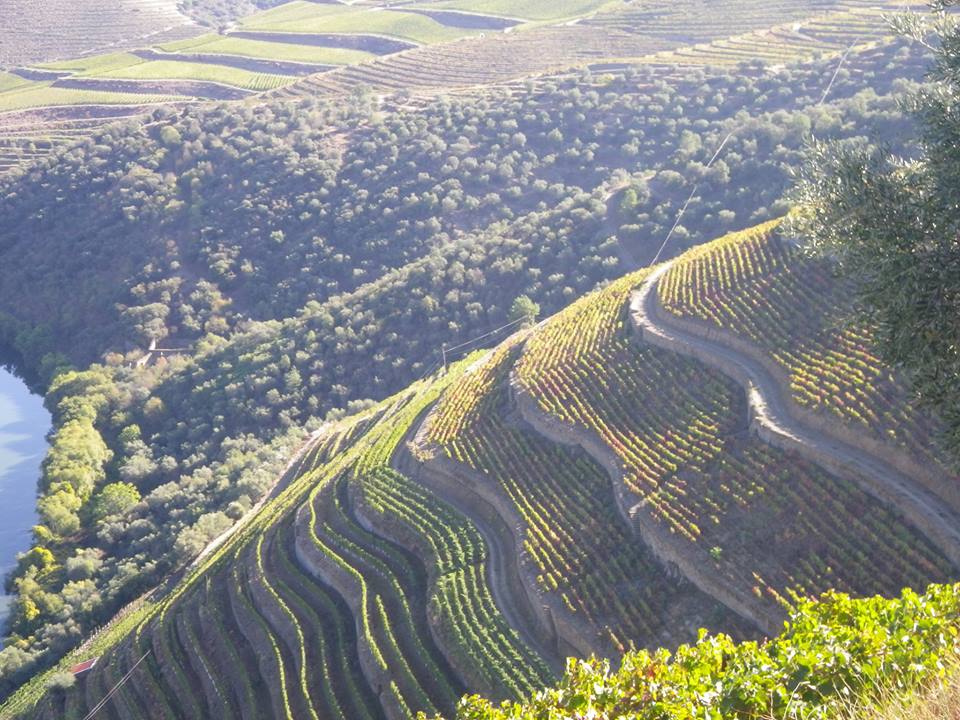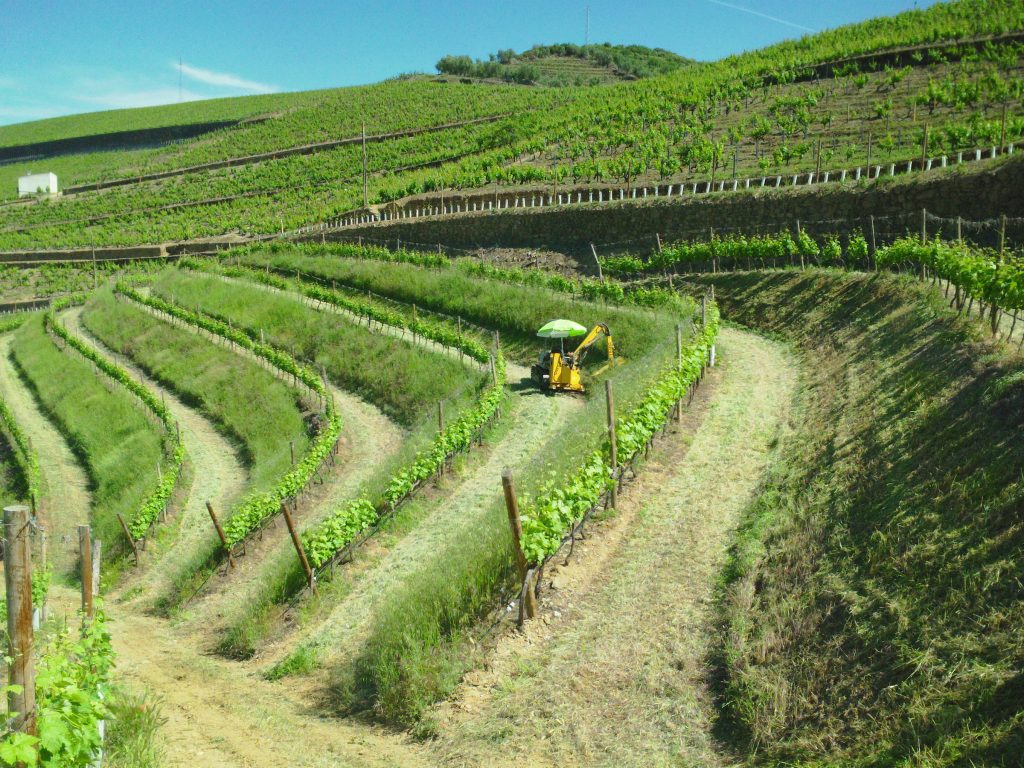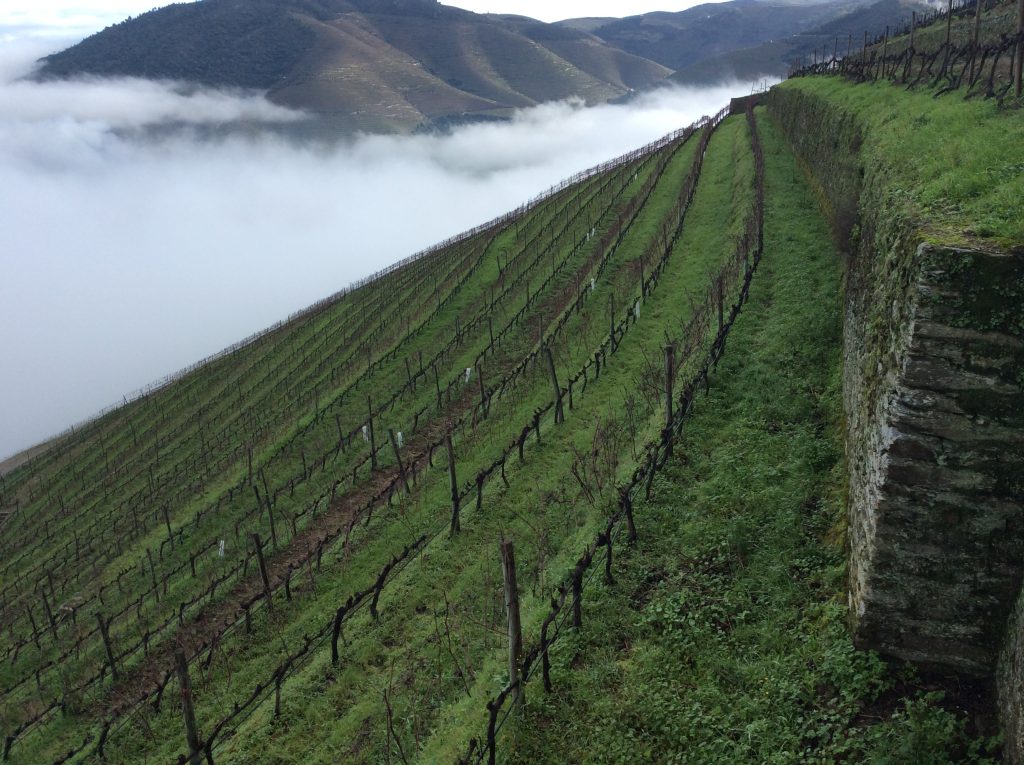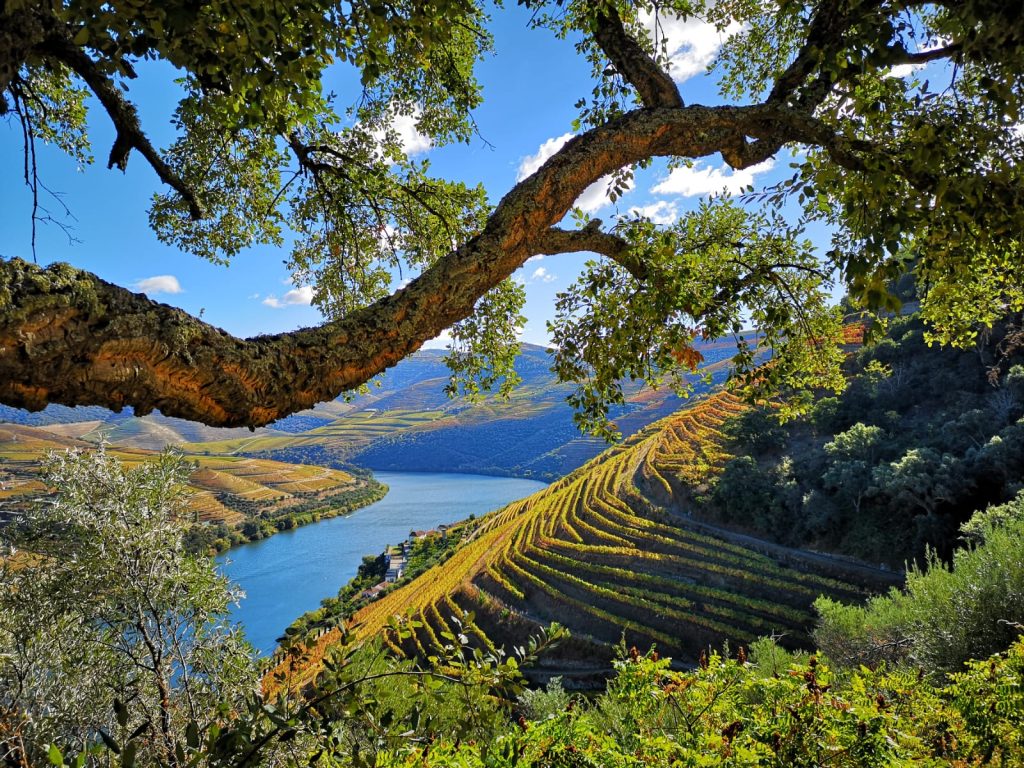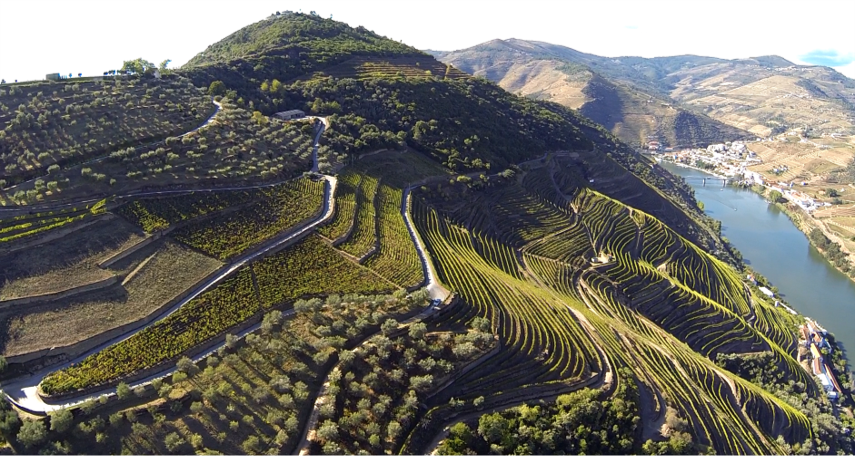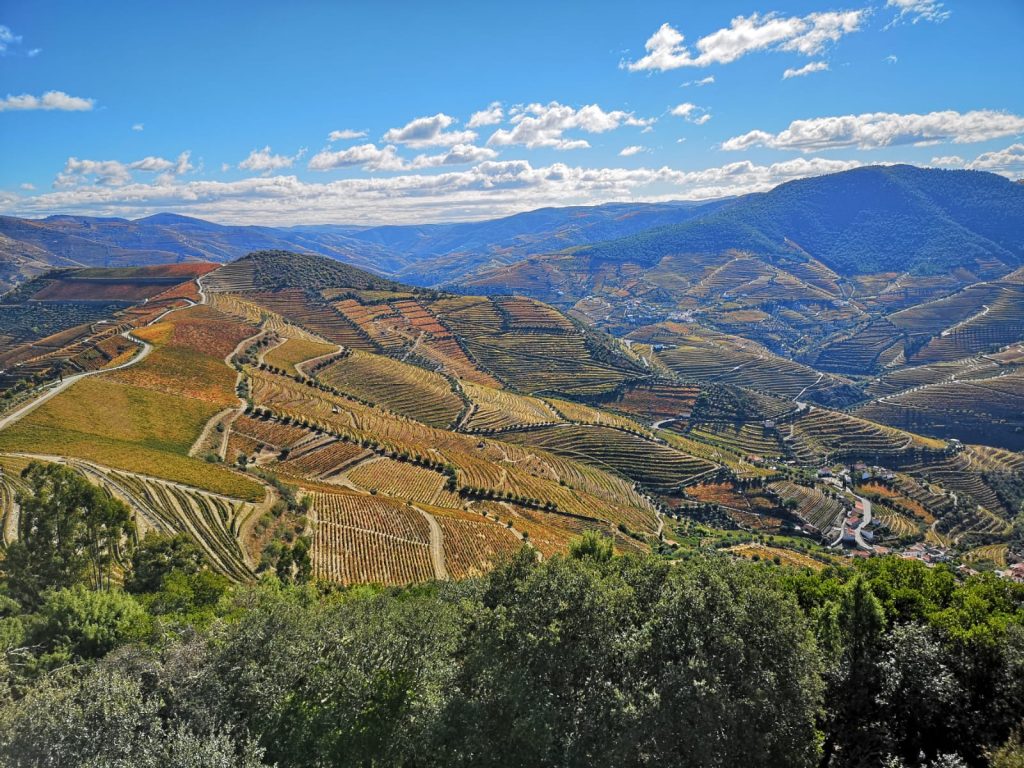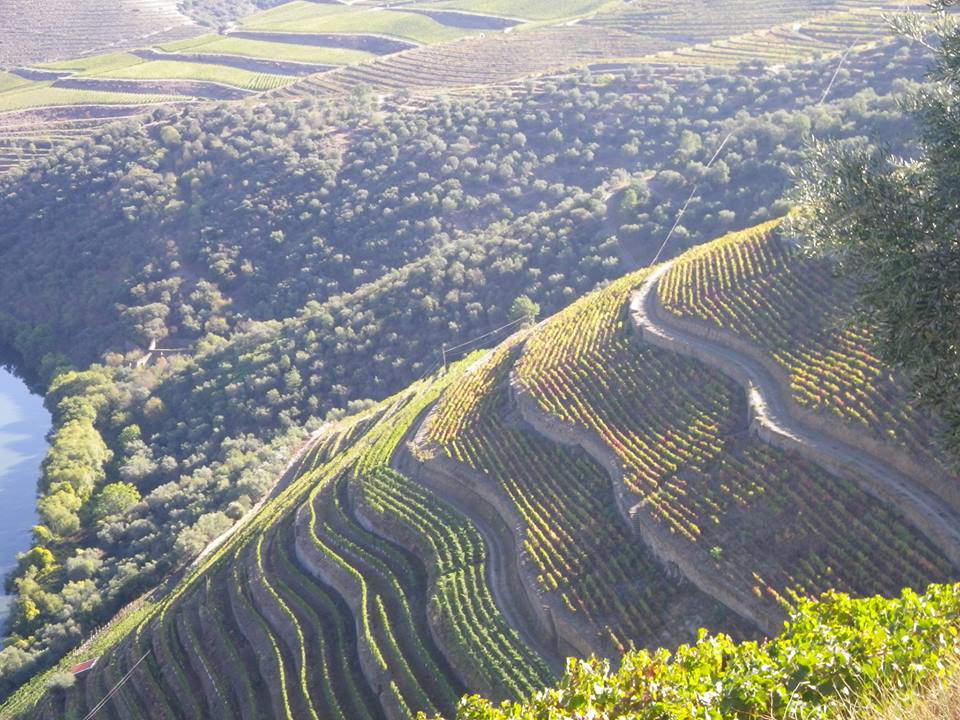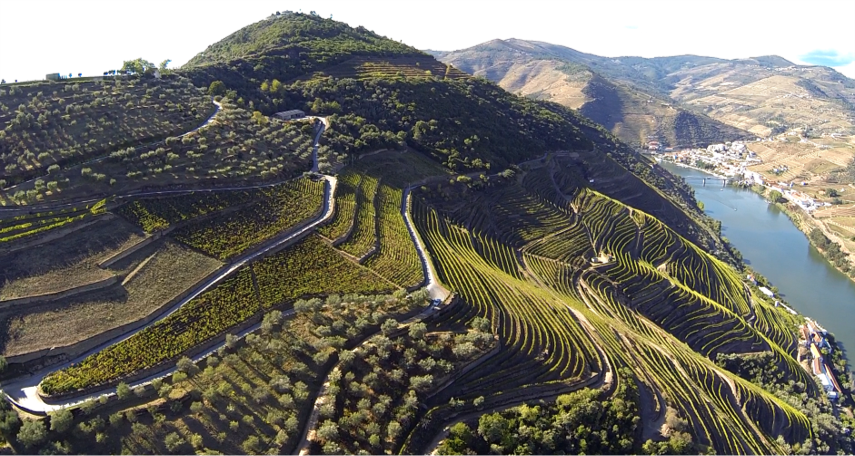This field trip will enable you to learn about the ongoing agroecological transitions in the Douro wine region.
We will visit two emblematic winegrowers, the “Real Companhia Velha” and the “Casa de Mateus,” who are implementing transformational changes in their vineyards to make them more sustainable and resilient.
You will have the opportunity to interact with the winegrowers and understand their motivations for engaging in agroecological transitions, as well as the Agriculture Knowledge and Innovation Systems (AKIS) supporting them.
We will also discuss their role as extensionists and disseminators of agroecological practices in the wine region and beyond, benefiting local small-scale farmers and contributing to the preservation of the World Heritage winescape.
The Mateus Foundation is a private institution with public service missions, established in 1970 by Francisco de Sousa Botelho de Albuquerque.
The Foundation is dedicated to public service activities in the fields of heritage, culture, arts, education, and scientific dissemination. It stands out as a centre of intense cultural activity in a low-density territory, developing a consistent cultural and artistic programme since its inception. This long-standing commitment has consolidated its role as a key cultural reference at local, regional, and national levels.
The Mateus Foundation will be pleased to welcome the participants of ESEE2025 and offer them a guided visit to its premises. The visit will include an exploration of the gardens and the educational vegetable garden, as well as an introduction to the park and the vineyards. Special attention will be given to the Foundation’s agricultural production, the sustainability practices in place, its educational initiatives, and its involvement in various scientific projects.
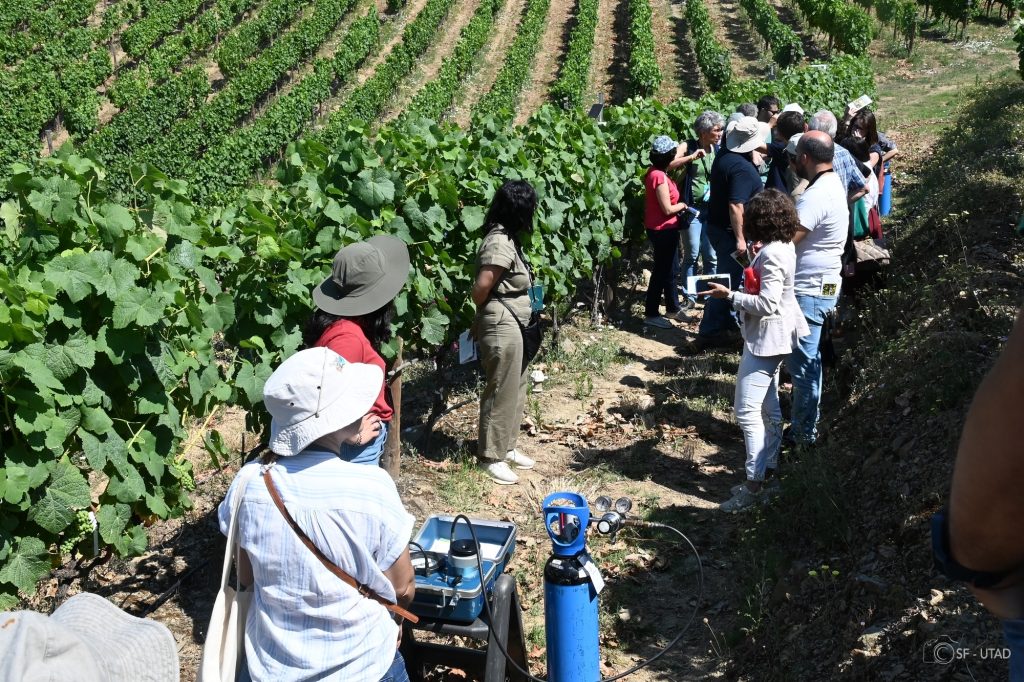
Since 2002, we have adopted a range of biodiversity preservation measures, including minimal soil mobilisation, cover cropping, and the conservation of woodlands, olive groves, orchards, and gardens, with the overarching aim of implementing a sustainable model of viticulture.
Throughout this period, we have sought to enhance biodiversity through various actions, including the use of sexual confusion techniques, the establishment of small woodland areas, ecological corridors, and shelters for fauna, to maintain functional biodiversity. This approach aims to generate “ecosystem services” that enable the natural limitation of vineyard pests (via auxiliary insects, microinvertebrates, reptiles, or birds), thereby reducing the need for pesticide use.
The initiative also seeks to enhance the landscape and, most importantly, to preserve soil quality and overall biodiversity, with the expectation that these practices will add value to our wines by serving as a differentiating factor in the market.
At Quinta das Carvalhas, we practise sustainable viticulture and are currently leading a pioneering and innovative project focused on promoting biodiversity and enhancing the region’s landscape value.
This project brings together a range of knowledge-based entities, including UTAD and ADVID, as well as other regional enterprises. A core component of the initiative is dissemination, aiming to transfer the findings from the pilot vineyards (all estates under Real Companhia Velha) to the broader region through colloquia, workshops, discussion panels, and similar forums—so that other winegrowers in the Douro Valley may replicate the practices. We not only experiment, but also share our results.
Moreover, Quinta das Carvalhas offers exceptional conditions for viticultural production: steep-slope viticulture, multiple vineyard typologies in diverse locations, the recovery of native Douro grape varieties, and the preservation of over 30 hectares of ancient vines. These features make the estate a particularly valuable “macro-laboratory” for understanding the dynamics of viticulture and winemaking in the Douro Valley.
Equally noteworthy is the implementation of a beautiful wine tourism circuit, which involved the restoration of numerous buildings and spaces. These have been transformed into sanctuaries of nature and gardens where visitors can enjoy wine tastings.
Field Trip Programme:
Marked with blue sticker on personal identifier
09.00 Departure from UTAD
10.00 Welcome and visit to Quinta das Carvalhas (observing and discussing the agroecological infrstructure innovations in vineyards)
13.30 Lunch (Alijó)
15.30 Welcome and visit to Fundação Casa de Mateus
18.00 Departure to Vila Real
18.30 Expected arrival at UTAD, Vila Real
